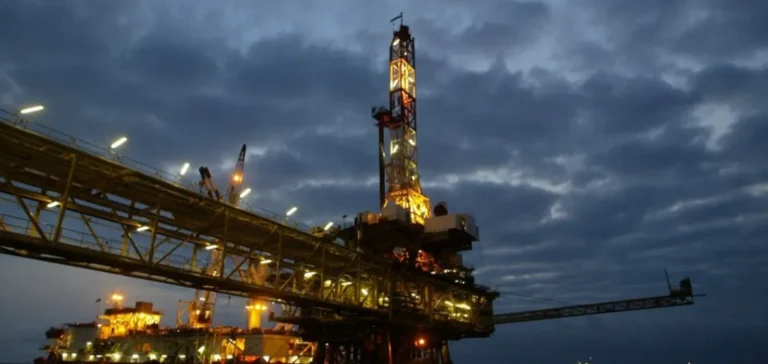Ghana could generate up to $16 billion in revenues from its oil sector over the next decade, according to an estimate published by consulting firm Deloitte. This projection is based on the cumulative value of crude oil exports and reflects the strategic importance of the industry for Ghana’s economy amid efforts to diversify external revenue sources.
Production falls for sixth consecutive year
The announced potential contrasts with current production figures. Between 2019 and 2024, extracted volumes dropped from 71.4 million to 48.2 million barrels, according to the Petroleum Commission. In the first half of 2025, the decline continued with a 26% year-on-year decrease. This prolonged downturn raises concerns about the sector’s medium-term viability.
No new licences since 2018
No exploration agreements have been signed since 2018, reducing the chances of discovering new reserves. This situation contrasts with the approach taken by neighbouring countries such as Côte d’Ivoire and Senegal, which have reactivated their oil and gas licensing cycles to attract new investors.
Structural factors and financial constraints
In its 2024 annual report, the Public Interest and Accountability Committee (PIAC) identified a lack of investment in exploration and ageing oil fields as key drivers of the slowdown. Deloitte also pointed to structural barriers, including limited access to financing for local operators, high operational costs, persistent regulatory constraints and inadequate infrastructure.
Recovery expected through fresh capital
During the Africa Oil Week conference held in Accra from 15 to 18 September, Minister of Energy and Green Transition John Abdulai Jinapor announced the upcoming arrival of over $3.5 billion in upstream oil investments. These funds are considered essential to revitalise exploration efforts and stabilise production in a context where oil revenues remain a critical budgetary source.






















